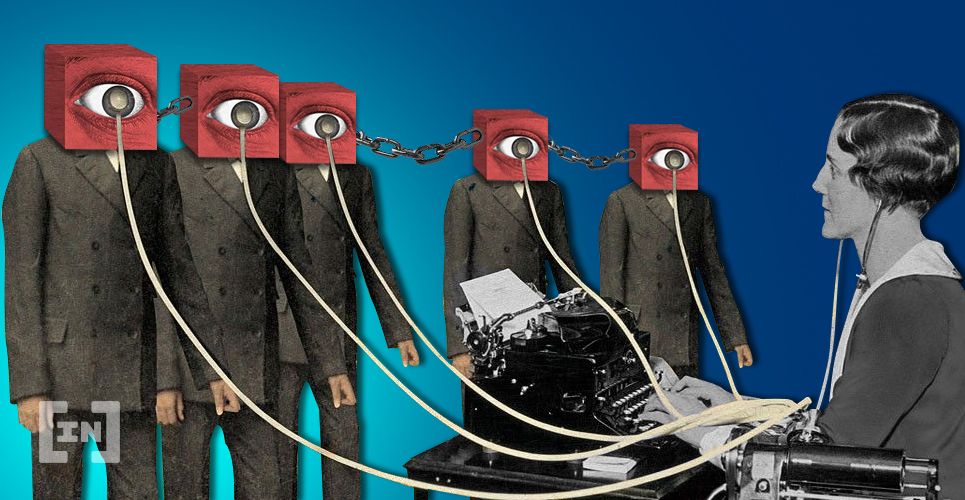Distributed Ledger Technology or DLT is an electronic system or database for recording information that is not run by one single entity. DLTs allow us to store and use data that can be both decentralized (stored in several places) and distributed (connected and can communicate) either privately or publically.
How does DLT work?
Since DLTs have no central data store. Instead, the information is stored in several places across the network. This is achieved by using a peer-to-peer system and consensus algorithms. The data is spread across several nodes within the network, replicated and synchronized. Every time the ledger updates, all files are time-stamped and given their own cryptographic signature. This creates a database of information that is both secure and auditable.
What’s the difference between DLT and Blockchain?
Although these terms often overlap because they are both systems of recording information in a transparent way using a decentralized network, blockchain is effectively one type of distributed ledger.
DLT is a technology which allows us to distribute data, and blockchain was the first functional type of DLT.
Distributed ledgers use nodes to record transactions and then copy this information across the network. Blockchain gathers this data into blocks and chains them together.
Blockchains are usually public, which makes them useful for viewing transactions history. This means that anyone can use blockchain and subsequently act as part of the governing network. This removes the control of any single governing entity. Distributed ledgers, on the other hand, don’t necessarily enable these public features. There can be ‘permissioned’ features that restrict access.
Blockchains are essentially a sequence of time-stamped blocks that record the overall state of the chain. This is then validated by cryptographic processes and ‘proof-of-work’ which is necessary to ensure security. In theory, DLTs offer improved scalability options.
Benefits of DLT:
- Increased transparency, efficiency and automation as control is handed over to the users and shared across the network.
- The potential for fast and cheap transactions as they remove the need for a middle-man or central authority.
- They’re incredibly secure because the data is stored in every node of the network. Therefore the system is difficult to hack.
Implementations of DLT
- Finance – Several cryptocurrencies utilize the decentralized features of DLT to increase security and transparency in financial transactions.
- Voting – DLT can provide secure, private and transparent voting systems, combatting the problems in many countries of claimed election tempering.
- Energy – As DLT removes any need for a mediator, anyone can produce and buy power. Additionally, with the use of smart contracts, it’s easy to audit energy transfer and eliminate scams.
- Healthcare – Access to patient’s medical history from anywhere in the world and diagnostic tools can be significantly improved.
- Supply chain – Processes can become clearer, more transparent and efficient. People can track their products and trust in their origin.
What’s Next for DLT?
It was thanks to the creation of Blockchain and Bitcoin that DLT gained worldwide recognition; however, this technology can be useful in many areas in addition to financial transactions. As DLT is still a relatively new concept, there are still issues to be resolved. As developments are moving quickly, the number of industries that DLT has the potential to improve is extensive.


